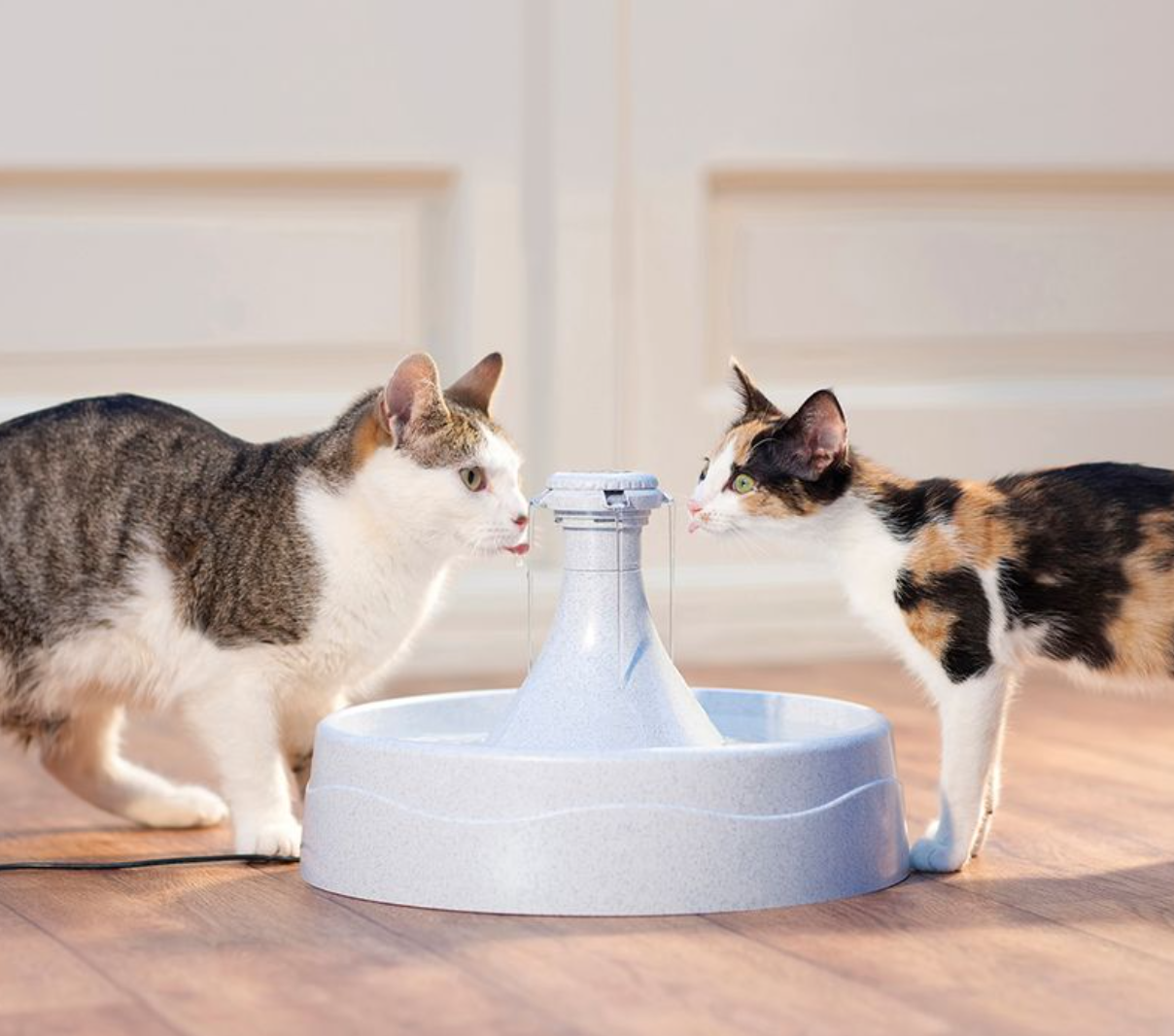Revolutionizing Veterinary Medicine: The Promising Role of Monoclonal Antibodies in Animal Therapy
The world of veterinary medicine is on the cusp of a new era, thanks to the incredible advancements in monoclonal antibody therapy. Recently, the FDA has given its nod of approval to three monoclonal antibodies for veterinary use, opening up a new world of possibilities for animal treatment and care. This article delves into the concept of monoclonal antibody treatment, its implications for veterinary medicine, and how this novel approach can pave the way for groundbreaking changes in animal healthcare.
Understanding Monoclonal Antibodies
Antibodies, or immunoglobulins, are proteins naturally produced by the immune system to recognize and effectively neutralize foreign substances, such as bacteria, viruses, and other pathogens. Monoclonal antibodies (mAbs), in particular, are laboratory-engineered molecules that can mimic the functioning of these natural immune proteins, specifically targeting a single type of protein or molecule involved in the pathophysiology of a disease.
Since their discovery in the 1970s, mAbs have achieved tremendous success in human medicine, particularly in oncology, autoimmune disorders, and infectious diseases.
FDA Approval Paves the Way
In January 2022, the FDA granted approval for three mAbs in veterinary medicine, ushering in a new treatment paradigm for our animal patients. Zoetis, a global animal health company, will make the first two mAbs to target canine atopic dermatitis commercially available by fall 2022. This skin condition affects more than 15% of dogs in the United States, and these mAbs could offer a potent alternative therapy.
The third mAb, developed by Kindred Biosciences, is designed to treat cats with feline asthma. This respiratory condition is prevalent among domestic cats and can be extremely debilitating. The development of a mAb therapy for feline asthma presents a significant achievement in maximizing the quality of life for affected felines.
Potential Advantages of Monoclonal Antibodies for Veterinary Patients
The introduction of monoclonal antibodies to veterinary medicine has several potential advantages, including the following:
Targeted therapy: Monoclonal antibodies are highly specific to their target molecules, which allows for a targeted approach in disease management, minimizing side effects traditionally associated with more broad-spectrum therapies.
A cutting-edge alternative: mAbs offer innovative and potentially more effective treatment options for animals suffering from conditions that may not respond well to conventional therapies or for whom such therapies may cause intolerable side effects.
Advancements in treatment: The approval and availability of mAbs for animal patients represent a major leap forward in veterinary medicine, ultimately improving standards of animal care and treatment.
Potential cost reduction: With the expansion of mAbs into the veterinary field, research and development could eventually lead to more affordable solutions for animal owners seeking cutting-edge treatments for their pets.
Challenges and the Road Ahead
Despite the potential benefits of monoclonal antibody therapies in veterinary medicine, there are challenges to integrating them into mainstream practice. These challenges include cost, as mAbs can be expensive to develop and manufacture, as well as the need for further research to evaluate long-term efficacy and safety in animals.
As mAbs find their way into veterinary clinics across the globe, ongoing research efforts and collaboration between veterinarians and researchers will be crucial to better understand their potential impact on animal health.
Conclusion
The approval of three monoclonal antibodies for veterinary use signifies a monumental step forward for animal healthcare, providing much-needed hope and options for many conditions that plague our animal companions. While challenges remain, the dedication and innovation from researchers and veterinary professionals will ensure that this cutting-edge therapy continues to evolve and benefit our beloved pets. The future of veterinary medicine is more promising than ever, with monoclonal antibodies leading the way.
Further Reading
To delve deeper into the topic of monoclonal antibodies and their role in veterinary medicine, consider the following resources and topics:
The development of monoclonal antibodies: Explore the history and methods of creating monoclonal antibodies, including hybridoma technology, recombinant DNA technology, and phage display.
Understanding the immune system: Familiarize yourself with the basics of the immune system and its response to pathogens, the role of antibodies in this process, and how monoclonal antibodies take advantage of these natural defense mechanisms.
Monoclonal antibodies in human medicine: Investigate the various mAbs currently in use for human patients, their FDA-approved indications, and their impact on the healthcare landscape.
Biologic therapies: Study other types of biologic therapies that are employed in both human and veterinary medicine, such as stem cells, oncolytic viruses, and gene therapy.
Veterinary immunology: Delve into the field of veterinary immunology to learn how the immune system functions in various animal species and how this knowledge can be harnessed to advance veterinary treatments.
Regulatory considerations and challenges: Understand the regulatory processes and challenges surrounding the approval and implementation of monoclonal antibodies for animal use, as well as an overview of organizations responsible for their regulation worldwide.
Ethics and animal welfare: Explore the ethical considerations involved in developing and using these novel therapies for animals and the impact on animal welfare and quality of life.
By exploring these topics, you can gain a comprehensive understanding of monoclonal antibodies, their significance in veterinary medicine, and the potential benefits and challenges that lie ahead. As the field continues to evolve, staying informed about the latest advancements can provide valuable insights into the future of animal healthcare.

































